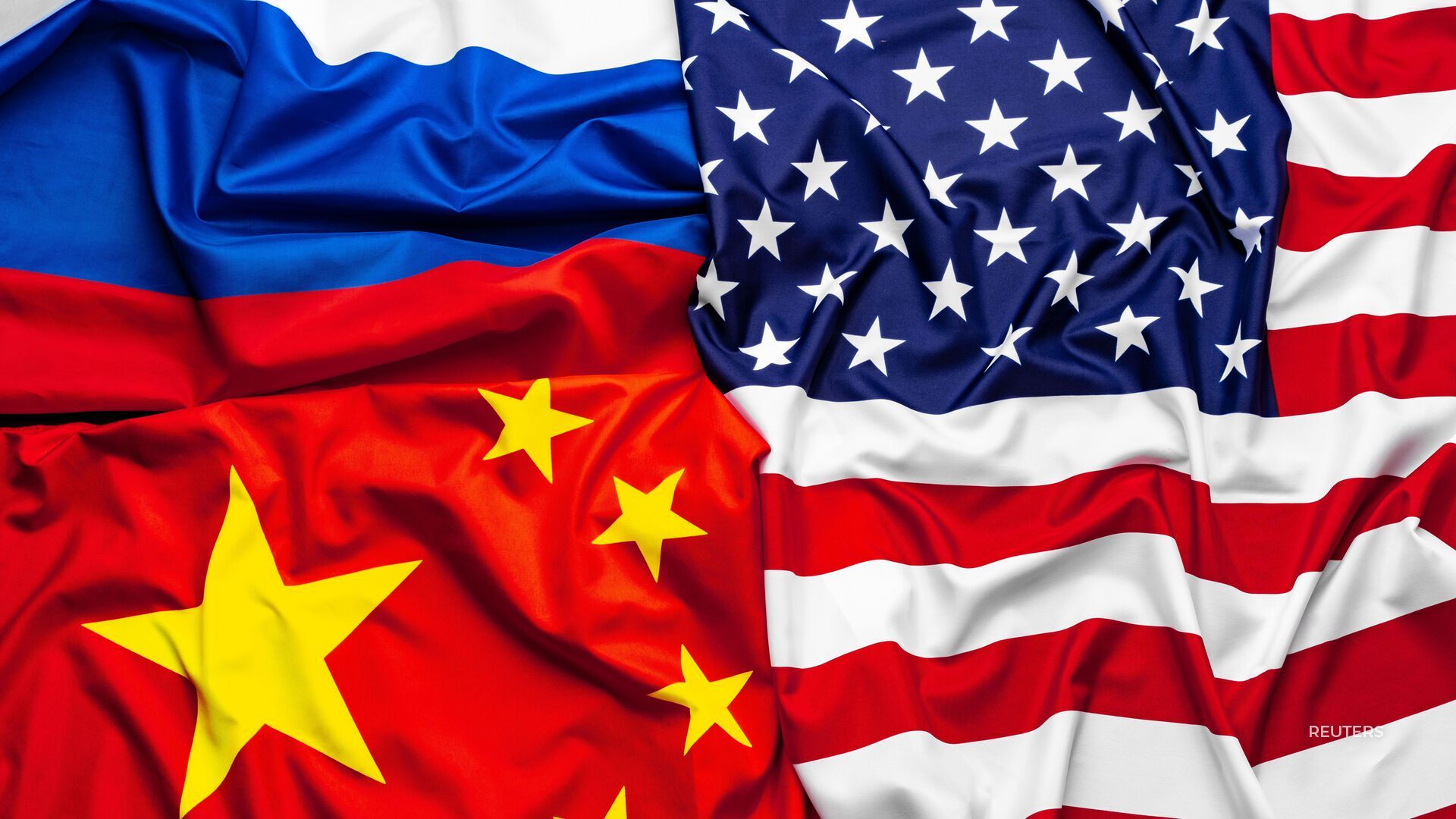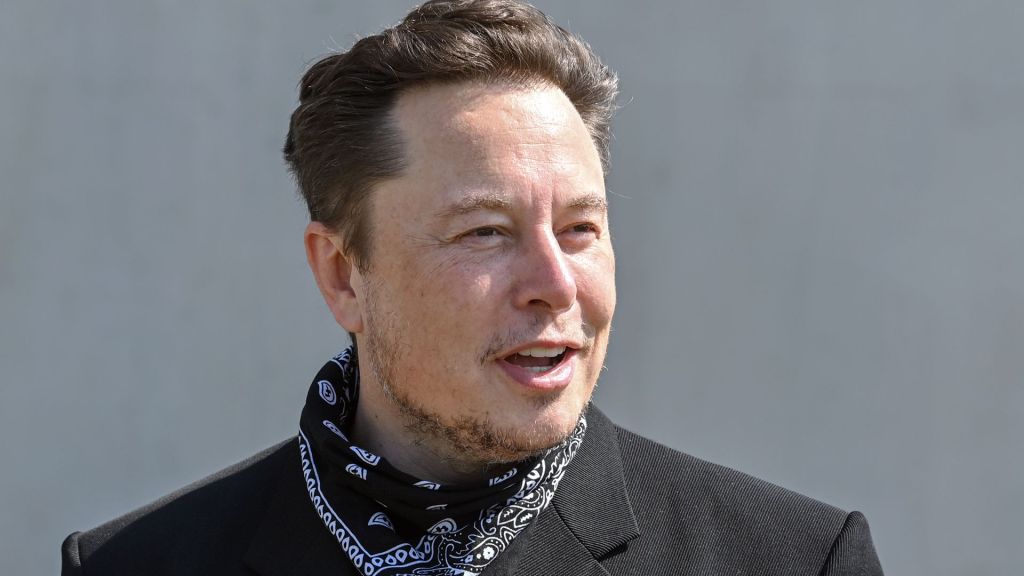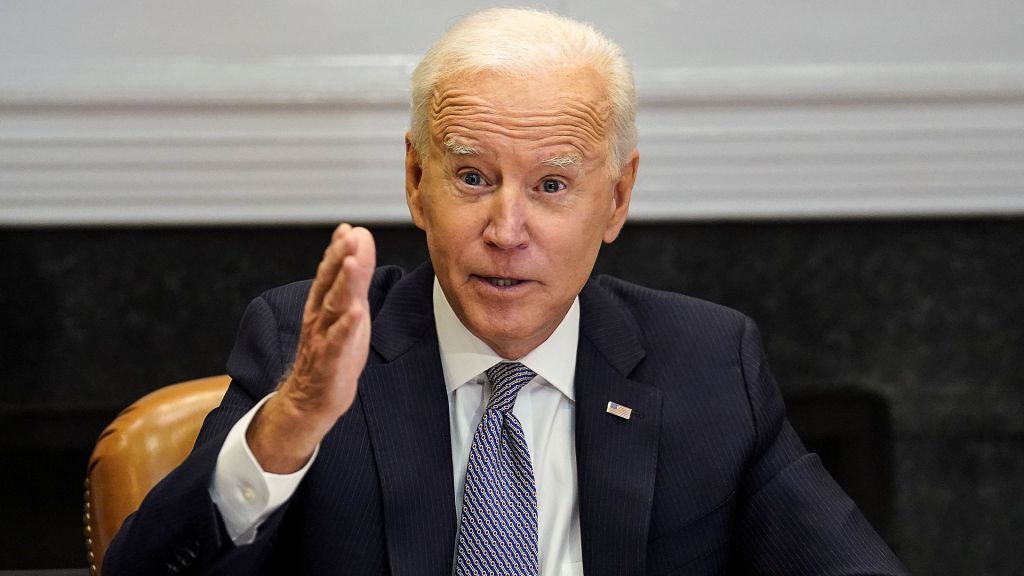
Russian, Chinese dominance of rare-earth metals threatens US security
Apr 06, 2023
By Jack Aylmer (Reporter/Producer ), Chris Childs (Field Videographer ), Dan Reardon (Editor)
When President Joe Biden signed the Infrastructure Investment and Jobs Act into law, it provided $550 billion for tens of thousands of projects across the country, such as roads, bridges and mass transit. According to the White House, this “once-in-a-generation investment in [American] infrastructure” aims to “grow the economy and enhance [the nation’s] competitiveness” through these funds.
The legislation also included investments of $7.5 billion in electric vehicle charging, $10 billion in clean transportation, and more than $7 billion in EV battery components. Additionally, it has been stipulated that all EV chargers funded through the Infrastructure Investment and Jobs Act must be built domestically.
However, building all these things, from infrastructure to electric vehicles, requires resources which the United States cannot currently obtain without going through foreign adversaries, like Russia or China.
“The United States will continue to rely on China, Russia and other foreign nations for our supply of raw materials and rare-earth minerals, and this is unacceptable,” Sen. Joe Manchin, D-W.Va., chairman of the Senate Committee on Energy and Natural Resources, said.
“America’s defense in the modern era increasingly demands the use of critical minerals, making it more essential by the day for our nation to have a sufficient stockpile of and reliable access to these materials,” Sen. Joni Ernst, R-Iowa, ranking member of the Senate Subcommittee on Emerging Threats and Capabilities, said. “At this very moment, our enemies like China dominate the supply chain of these increasingly vital materials, and are even expanding into regions such as Africa and Afghanistan, threatening our readiness in an emergency situation and jeopardizing our national security.”
Three crucial elements needed for projects like these are known as niobium, scandium and titanium. They are used in cars, bridges, military vehicles, buildings, aircraft and wind turbines, among other things. Because of their properties that make metals both lighter and stronger, these elements have the ability to improve the fuel efficiency of automobiles and help infrastructure last longer.
The U.S. government considers niobium so important it has even purchased quantities of it to store in the National Defense Stockpile to have on hand in case of national emergencies, a distinction given only to a handful of critical strategic materials. Industry leaders also say niobium can revolutionize electric vehicles, allowing their batteries to last five to eight times longer than the current lithium ion technology, with just a 10-minute recharge time.
“The rare-earth elements are really what enables electric vehicle technology,” Scott Honan, COO of NioCorp, said. NioCorp is a U.S.-based mineral development company. “You’re going to have all these fabulous rare-earth magnets out there powering electric vehicles in a very reliable and efficient way.”
Aluminum-scandium alloys are utilized for aerospace industry components and sports equipment, while scandium oxide is used to make high intensity stadium lights. Very dilute scandium sulfate can also be used to improve the germination of seeds such as corn, peas and wheat. Titanium’s properties make it useful in aircraft, spacecraft and missiles because of its low density and ability to withstand extreme temperatures. Its ability to resist corrosion extends to seawater as well, making it critical for desalination plants and in protecting the hulls of ships, submarines and other structures exposed to the ocean.
While these rare-earth elements hold a litany of potential uses for crucial American needs, the nation faces major difficulties in acquiring them. The U.S. is 100% reliant on foreign nations for niobium and scandium, and is more than 90% reliant on foreign nations for titanium mineral concentrate, per the U.S. Geological Survey.
“We’ve got to stop relying on Chinese rare-earths in our defense industry,” Sen. Mark Kelly, D-Ariz., a member of the Senate Committee on Armed Services, said. “It’s a national security risk to us. If China decided to cut us off on those rare-earth minerals right now, this would have a serious impact on our national defense.”
“Not having the critical minerals identified and produced in this country would present a security problem and prevent us from moving ahead on multiple issues,” Rep. Ryan Zinke, R-Mont., said. Zinke serves on the House subcommittees for both Housing and Urban Development and Military Construction. “We’re vulnerable to China for very critical components of our economy.”
Meanwhile, according to the Royal Society of Chemistry, China and Russia are the No. 1 and No. 2 producers respectively of scandium, while China is the world’s top holder of titanium. In niobium’s case, 98% of the element’s active reserves worldwide are found in Brazil, but 75% alone comes from an organization called Companhia Brasileira de Metalurgia e Mineração (CBMM), which Chinese companies have bought a nearly $2 billion dollar stake in.
“Primarily, all these oxides are coming out of China,” NioCorp CEO Mark Smith said. “I’m sure the Russia-Ukraine war and certain Chinese actions that have been taken over the last six to seven months have caused a lot of this to become the new issue to talk about.”
This all presents challenges to American interests, creating a national problem which a small village of less than 100 people in the Midwest could hold the key to solving. NioCorp has a multi-billion dollar plan to construct a first-of-its-kind mine that would extract these previously untapped resources from the surrounding farmland of Elk Creek, Nebraska. This mining initiative aims to produce niobium, scandium, titanium and other rare-earth metals, as it attempts to make the U.S. competitive in this sector on the world stage.
Unbiased news.
Directly to
your inbox.
Free!
MOST POPULAR
-
 Getty Images
Getty Images
Hawaii begins process of removing World War II Ha‘ikū Stairs
Watch 0:52
Yesterday
-
 Getty Images
Getty Images
NPR editor resigns after accusing network of liberal bias
Watch 1:42
Wednesday
-
 Straight Arrow News
Straight Arrow News
Could the US see a Trump-Harris White House after the 2024 election?
Watch 3:05
Tuesday
-
 Reuters
Reuters
Historic buildings at Pearl Harbor may be demolished for clean energy
Watch 1:17
Monday


